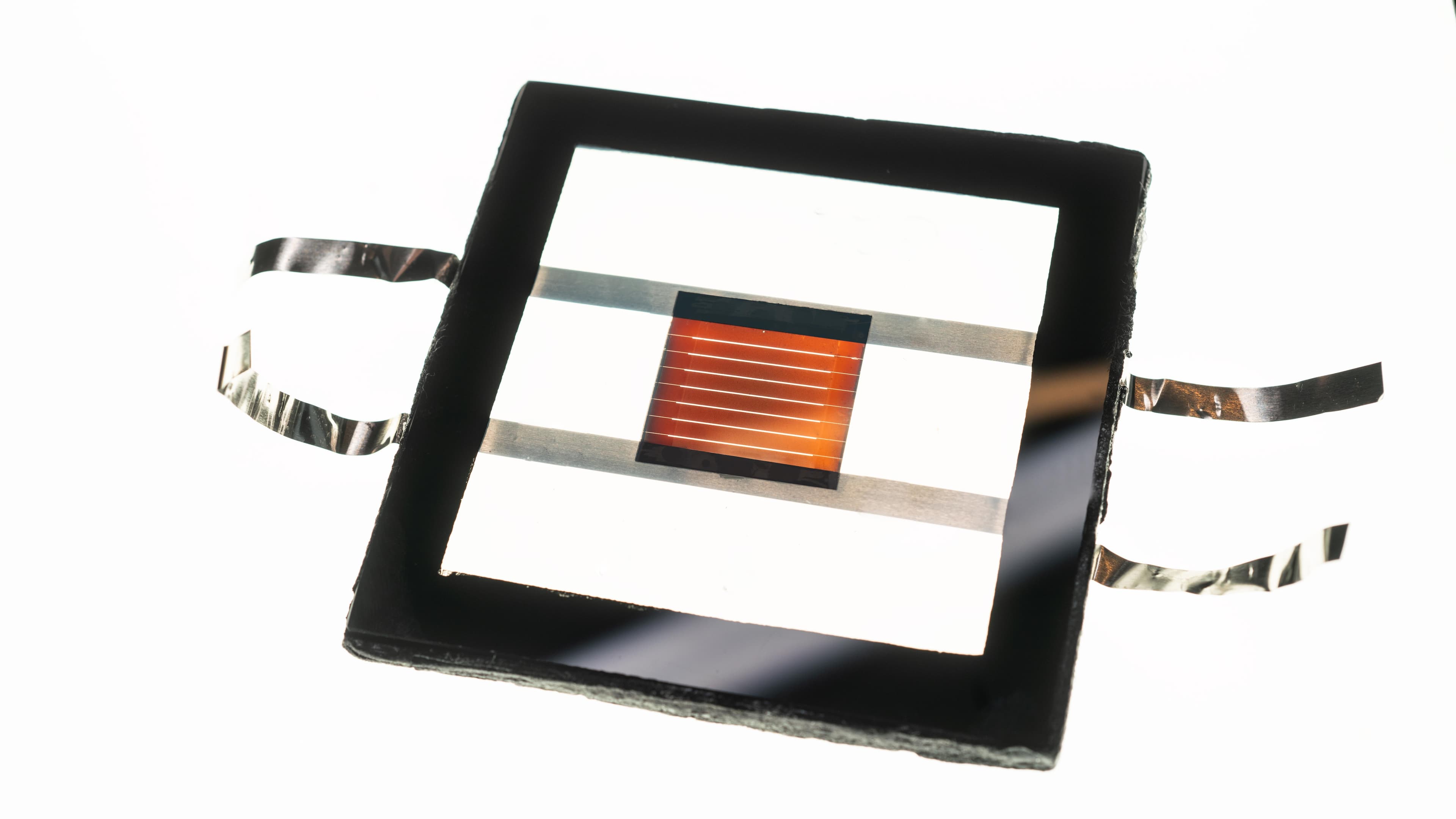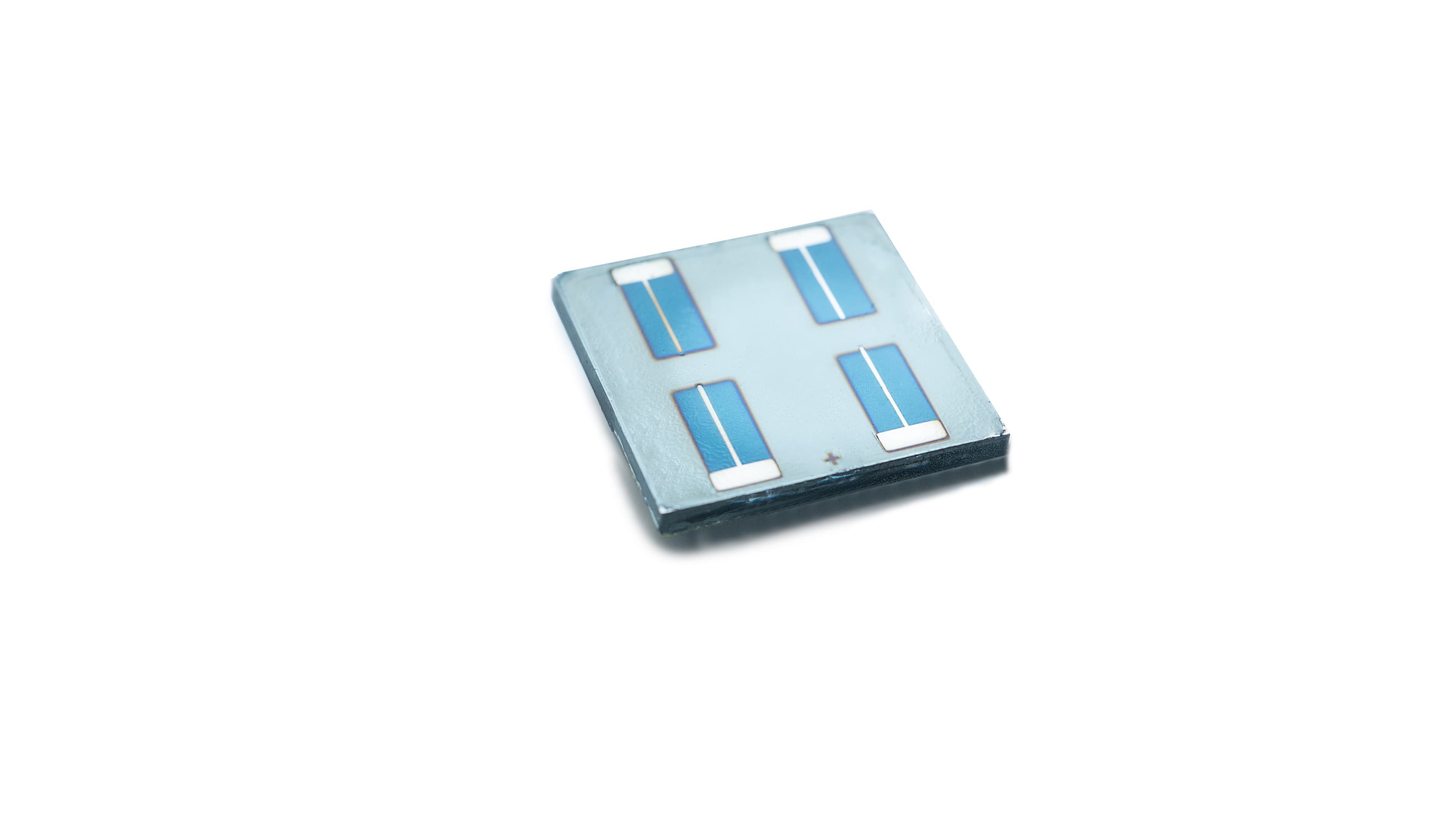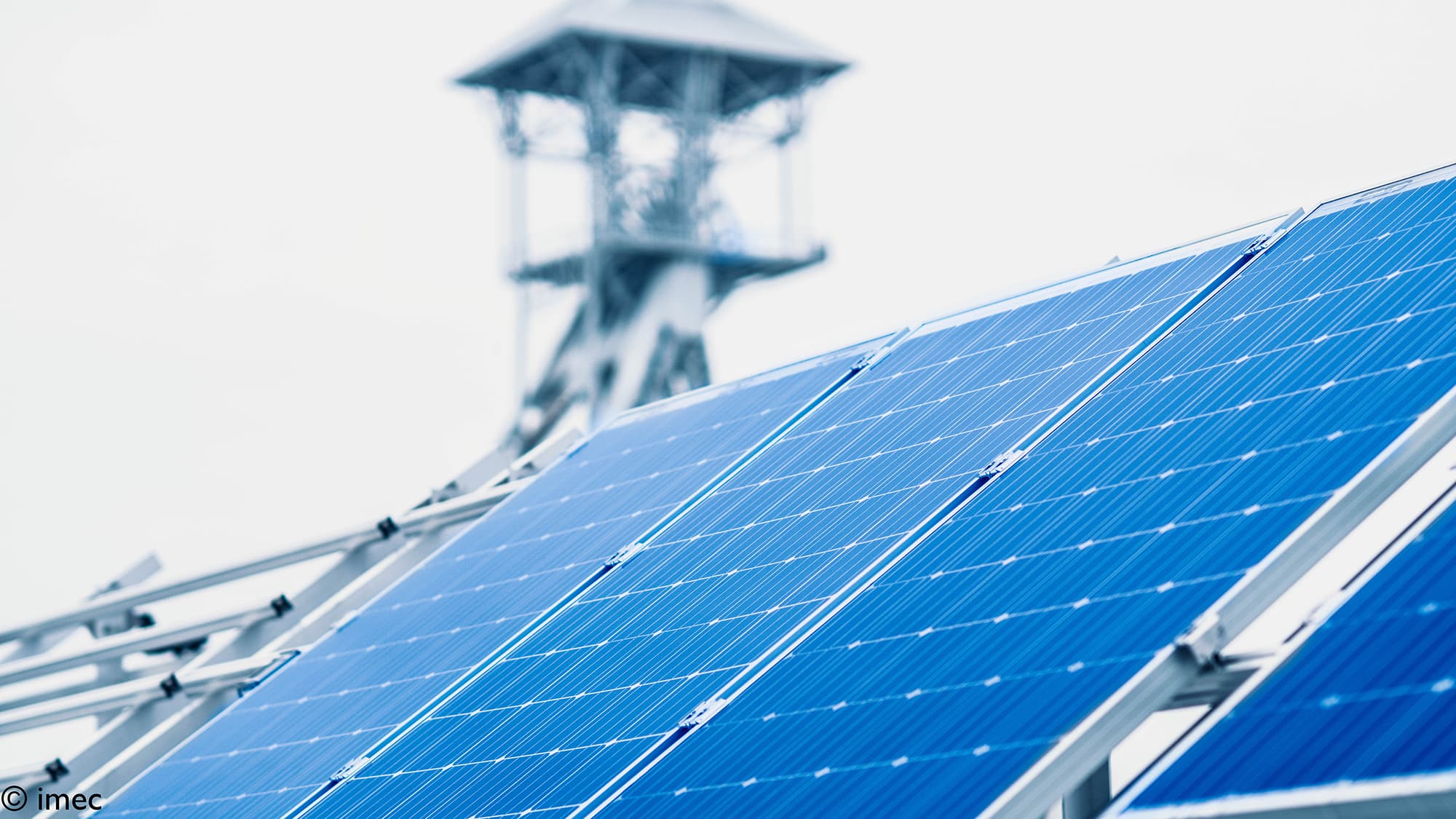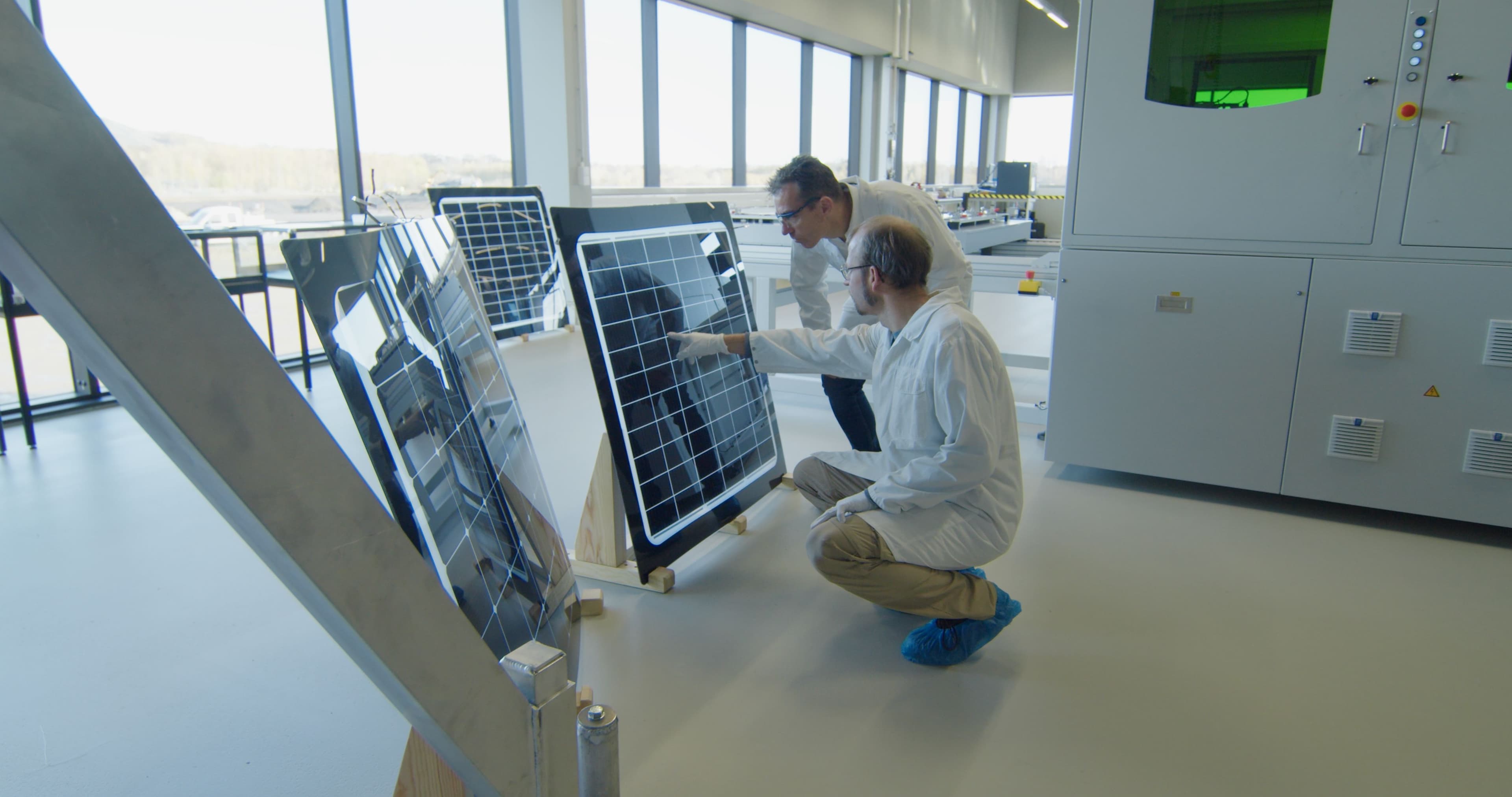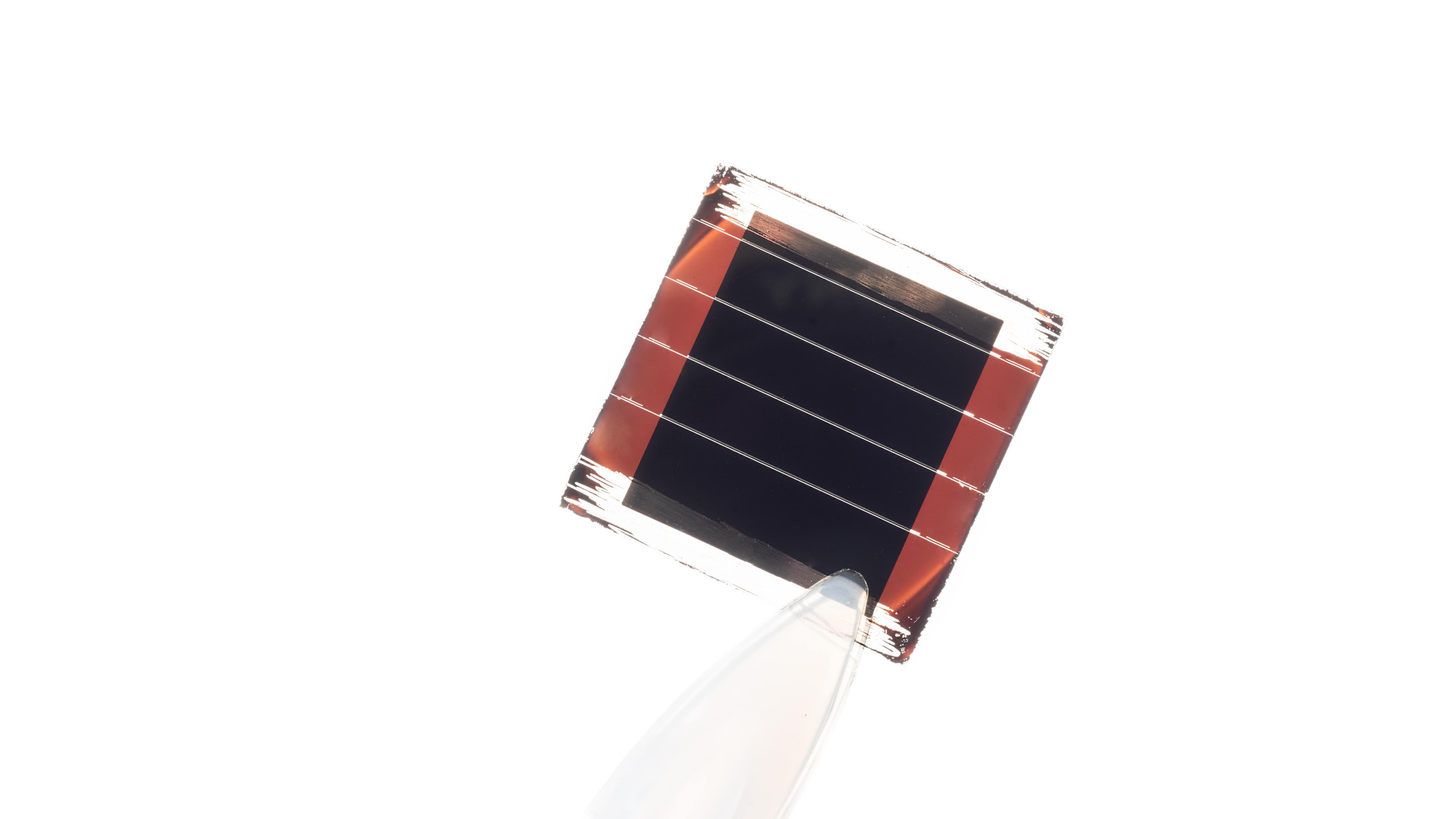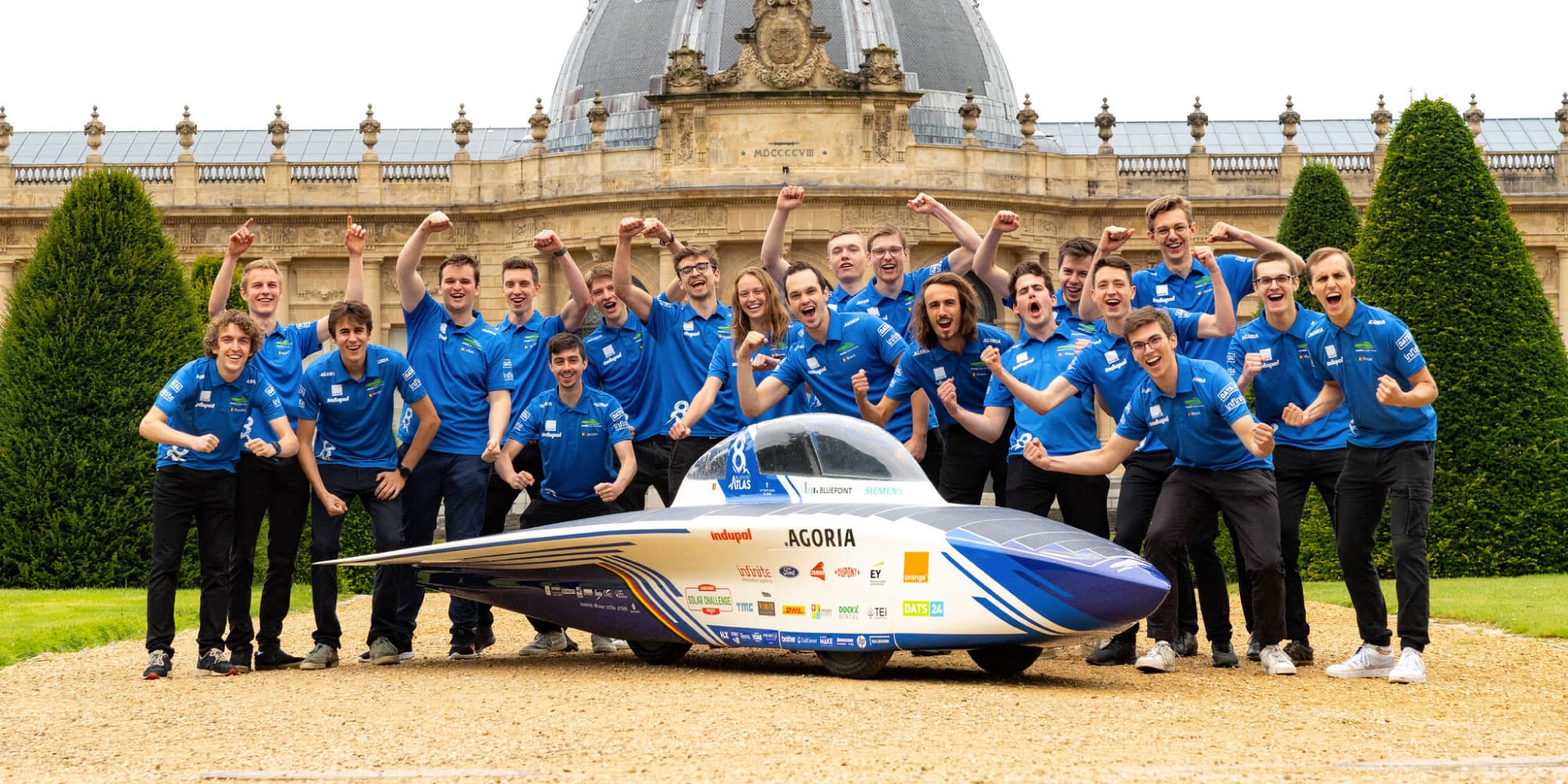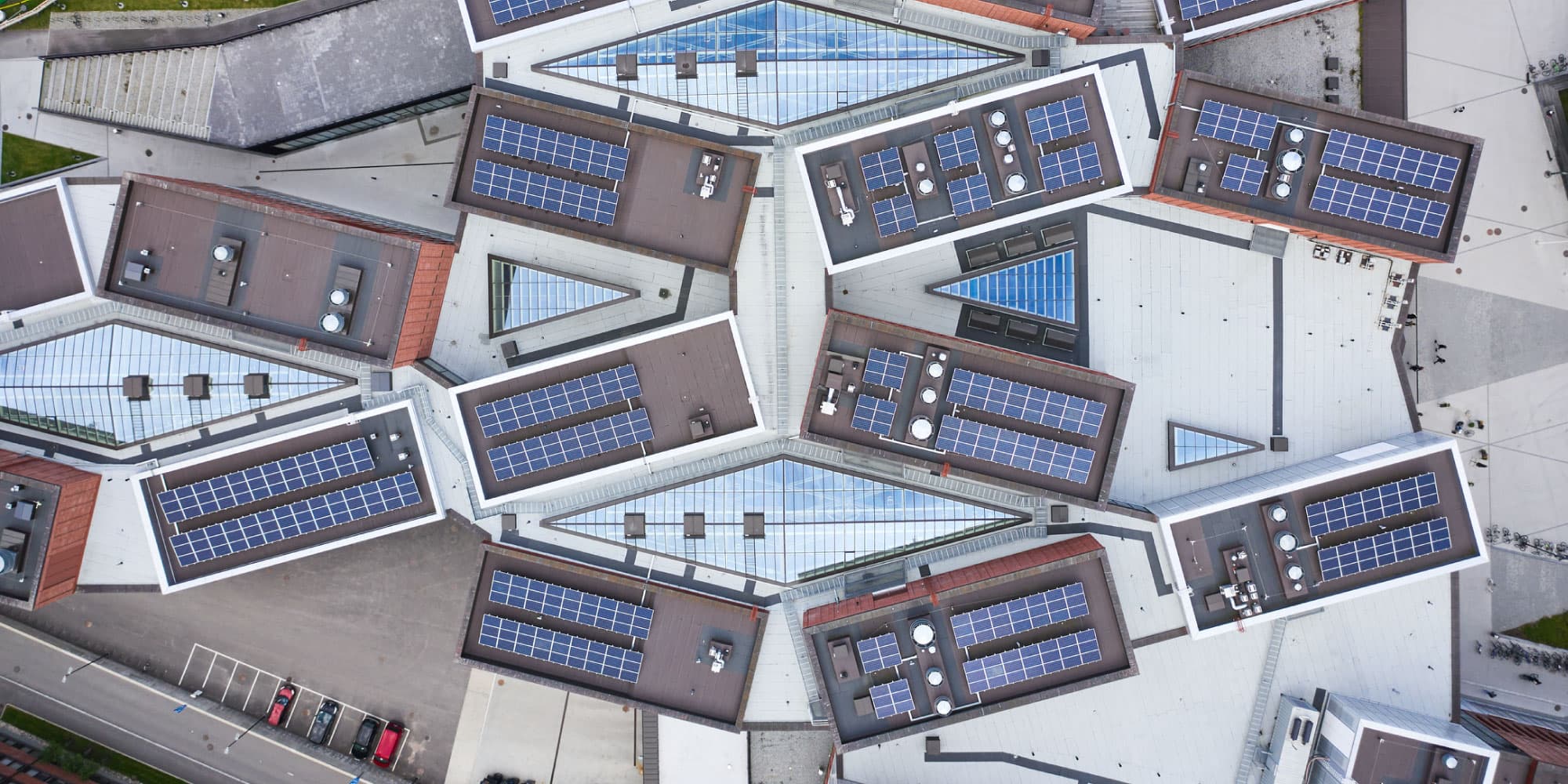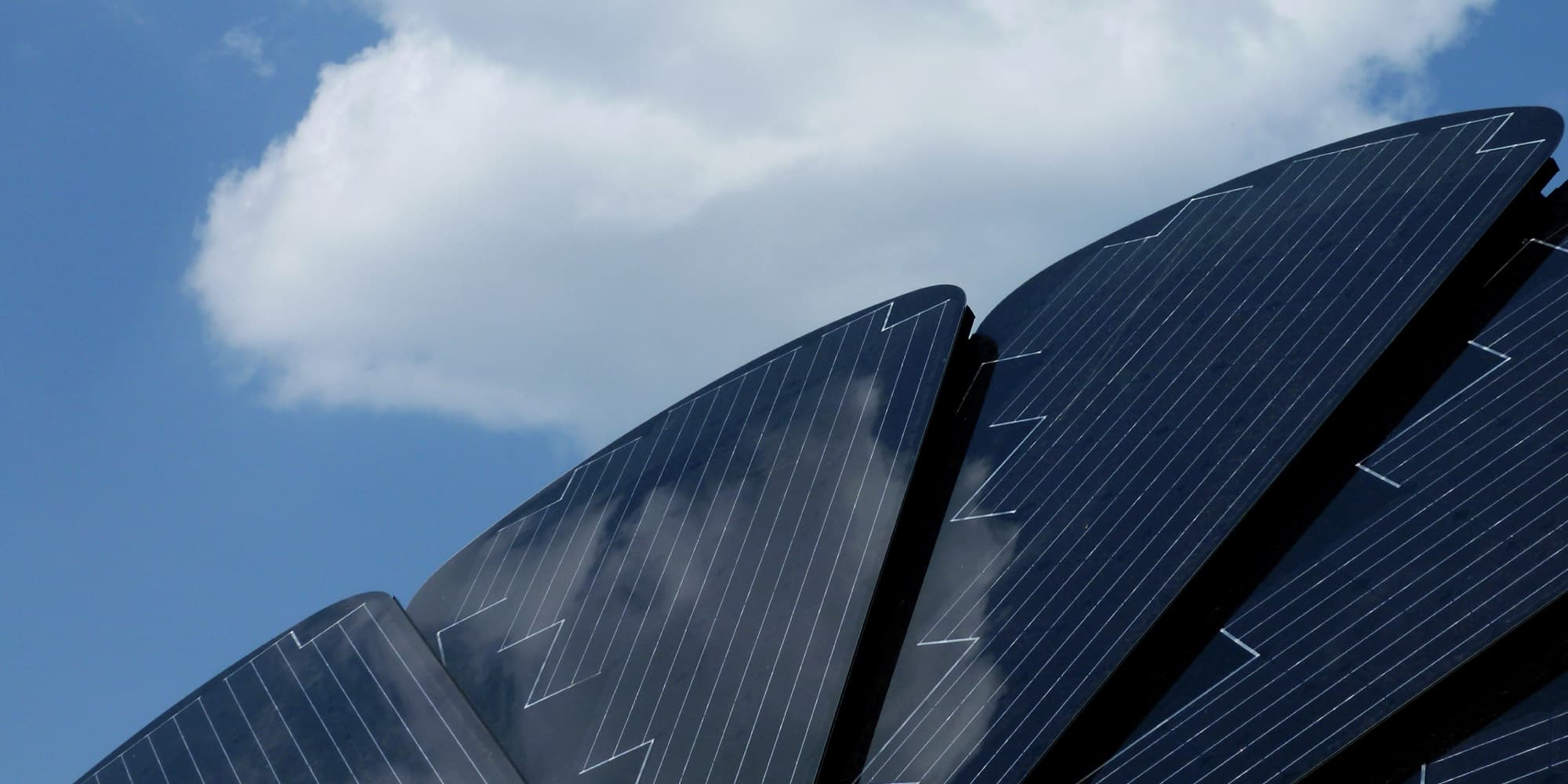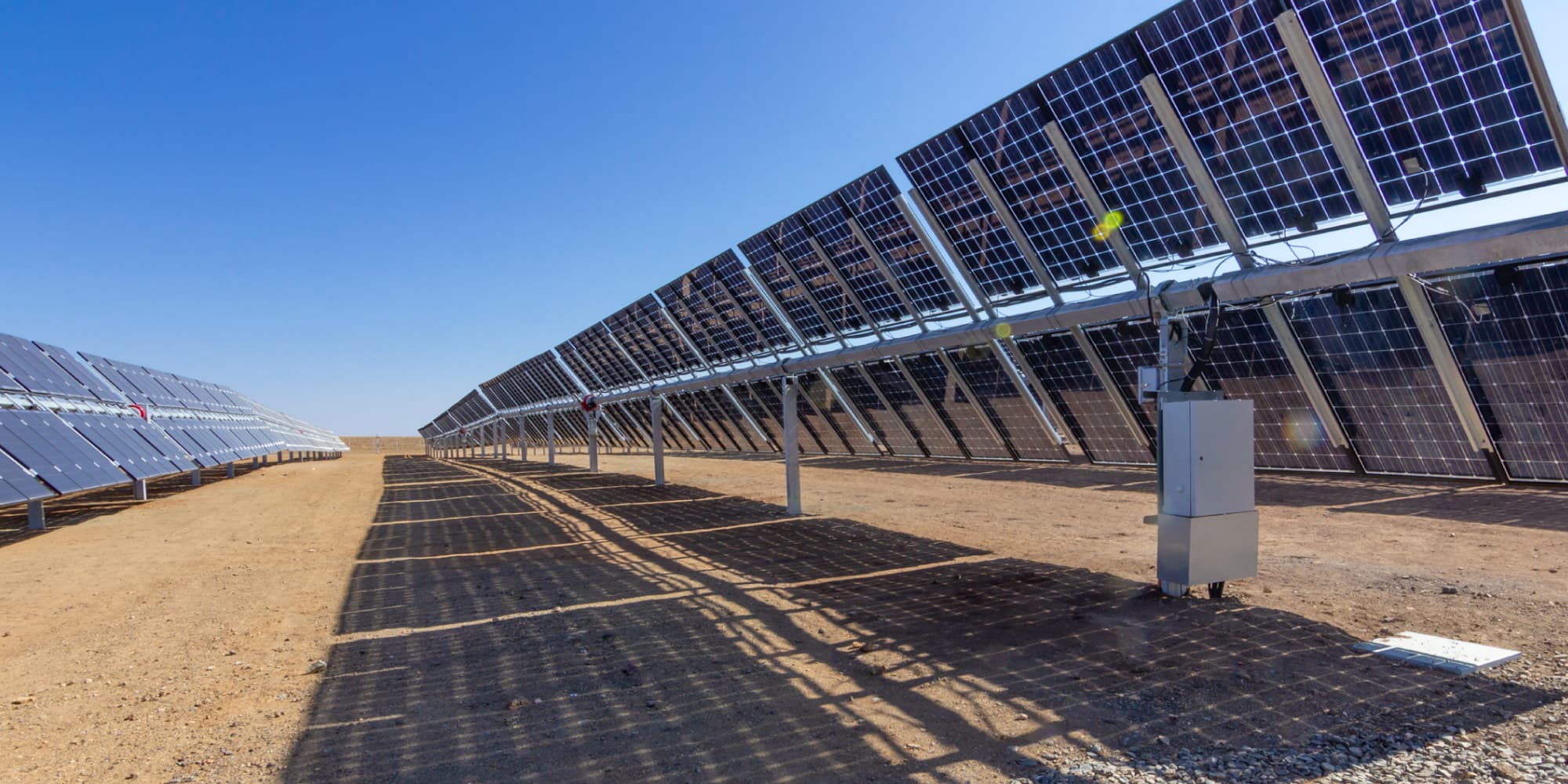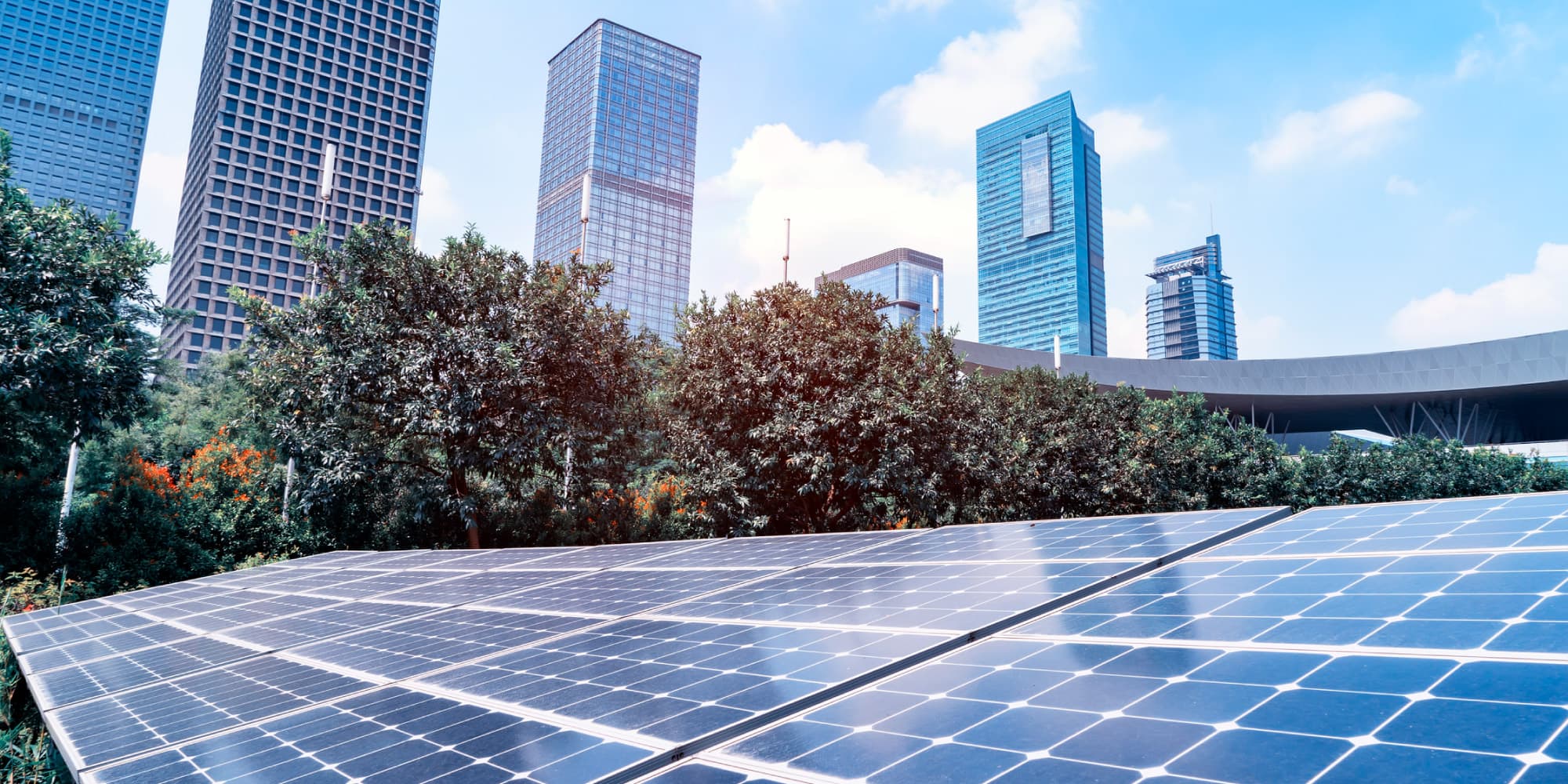Jef Poortmans says that when he began his career at imec in the second half of the eighties, photovoltaics (PV) was a tiny, expensive energy technology with absolutely no impact, and broad consensus amongst specialists in the energy sector it would have probably very little impact in the future.
"I had a background in bipolar devices, so PV was a logical extension of my knowledge at the time. I wondered how far it would go and thought I would learn a little about the subject for a year or so. In the end, my career turned out completely different than I thought because I've been continuously involved in PV since 1993. It's interesting to see a small activity with no impact grow over time. Back then, people were not really concerned about energy, but today everyone is talking about the energy supply and trying to avoid a catastrophic global temperature increase." Fast forward to today, and what he expected in the beginning would be a one year-long interest in the topic has turned into a life-long passion for creating an effect on climate change and the associated transition to a sustainable energy system.
Turning vision into impact
Jef and his co-workers have played an instrumental role in imec's success as a world-recognized innovator in the domain of solar energy generation. His drive for PV builds on a combination of three elements: the use of semiconductor technology to improve photovoltaic performance, the potential for enormous positive impact on society, and economic feasibility. “You are not going to change the world if you just change the solar cell or a battery on your watch. You must look to big scales, to square kilometers of PV, to hundreds of millions of batteries in cars. Imec is always connected to putting more functionality on smaller area, but in the energy domain you need to answer an additional question - how are we going to link this to the giga-scale? Because that is where you must play if you want to create an impact on the energy system," he emphasized.
Our broad semiconductor physics and technology expertise allowed for creating a large impact on crystalline silicon photovoltaics. “As I noticed proudly a few days ago in a presentation by a globally leading company active in Si PV-cell and -module manufacturing, they mentioned imec as a key contributor for 50 percent of the processing steps of PERC-cell technology which is being massively deployed these days in the industry.”
He and his colleagues also started research on III-V cells about 20 years go. Initially, it was aimed for space applications. "We made progress in terms of advanced tandem devices," he said. "This is interesting because although it didn't wind up in space, it laid the foundation for much of the knowledge we currently use to develop PV systems with an efficiency which goes beyond what you can reach with crystalline silicon. The same holds true for organic solar cells. Although their impact on the PV-market is still limited today, the knowledge built up in the domain allowed us to rapidly make our way into perovskite-based PV, the new kid on the block in the PV-field. So, what we started to work on years ago is the foundation for our strategy and focus today."
In the meantime, the breakthrough of PV energy generation in our energy system gives rise to a number of new challenges on the level of storage as to deal with the intermittency of solar and wind energy," Jef said. "The sun doesn't always shine. You can go to large amounts of wind energy and solar energy in the system, but you need something to store energy for the moments there is no wind or sun. We are also well-placed to create impact in the area of storage given the imec knowledge base in electrochemistry. Actually, I am learning a lot about electrochemistry these days and how our nanotechnology expertise can also create giga-impact on storage. This comprises both solid-state batteries, poised to make their way into electrical cars and safe stationary energy storage as well as the newest branch within the imec Energy R&D-basket: Power-to-Molecules (P2M). The latter will be crucial as it ensures a solution for long-term energy storage and the interest of the different players in the value chain for our proposed approach is overwhelming. I am pretty convinced that P2M is the element of the energy puzzle which will make a lot of the resistance against the Energy Transition disappear.”
In the broader context of giving all these generic technology developments at imec the right place in the broader energy system, Jef played a significant part in the extension of Energyville, a Flemish collaboration that seeks to extend maximizing our impact to the broader energy system.
Standing on the shoulders of giants
Jef says he should give strong credits to others for these accomplishments: “He recalls several influencers inside and outside imec who helped grow his strategic outlook. "I learned from researchers and leaders who had completely different mindsets. Some focused on fundamental research, some focused on industry, and some were able to focus on both simultaneously. They were all valuable influencers to my own way of thinking. You can do a lot of things in the lab, but if they don't create an impact, that is a problem. You also must avoid allowing yourself to become completely overcome by short-term industry issues and successes. I think learning from these diverse perspectives has enabled me to achieve the accomplishments stated above."
A message to junior researchers
While Jef says it’s a bit dangerous to give advice because people have to find their own way, he can offer a few elements to researchers who are earlier in their careers:
- Take your time to learn and listen. “You should learn from a scientific point of view and how technology can enable solutions, but you also need to know how to deal with and interact with people. Convincing people to move with you requires training of your soft skills (which can be hard, by the way).”
- Find a place where you can create an impact. “You can plan as much as you want at the beginning of your career, but don't just focus on going after big money or a high managerial position. Instead, try to find a place where you can create an impact. Find where you can really make a difference to the wellbeing of society. For creating that impact, try to find the balance between a certain stubbornness and flexibility of mind.”
- Ideas come from interactions with influencers but also by taking moments to empty the mind. “Being amid your problems from the morning to the evening is not very efficient. You can have a lot of ideas and chaos in your mind. My best ideas come while I'm jogging, but it's not because of the act itself. It changes my state of mind and creates the conditions for my thoughts to self-assemble and am in a better position to order and refine my ideas. This being said, this is not the only way to free your mind: activities like biking, hiking, or taking a walk can accomplish this.”
Ready to set off on your own imec journey?
Published on:
31 March 2021



